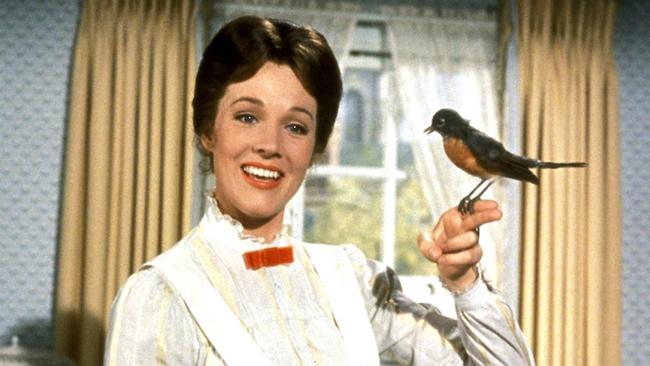Busy parents embrace professional homework counselling
Keeping up is stressful and parents are willing to pay top dollar for highly trained professionals offering homework counselling.

A friend living in New York once outlined a sure-fire scheme she would adopt if she were ever in a fix. She would dress up as Mary Poppins and start a nannying service, offering sensible but stern guidance to Manhattan children in a calming British accent.
It was clear to both of us that she would make a fortune, for there is great demand for anyone who can help children and parents deal with the tremendous stress of keeping up.
Each weeknight a legion of tutors fan out through the brownstones. They include highly trained professionals offering homework counselling, at $US200 ($265) to $US600 an hour.
“Homework therapy” was trademarked by Amy Margolis, a Brooklyn psychologist, “for children who are having trouble learning something”. They may have a specific learning disability or merely an allergy to simultaneous equations.
“You have a bright kid who thinks she’s bad at math,” says Margolis. “We do math with her, reflecting back to her that she can do this.” Her team of 12 psychologists see children once a week for $US200-$US250 a time. “The sessions last 50 minutes, just like a regular shrink.”
Anna Levy-Warren, a psychotherapist, has 50 home tutors, charging $US175 to $US600. “The people we should be helping are the ones who are drowning,” she said. “It’s meant to foster independence.”
There are also “executive function coaches” who teach children to manage their time and set priorities for homework. “Executive function skills are critical now,” said Michael Delman, a former head teacher. His company, Beyond Booksmart, has 300 coaches. He says that the ability to give sustained attention is going to matter. He is thinking of even greater crises than that overdue geography project. “It’s not just the decline of the Western empire, it’s a change in the nature of the world in which we live,” he said.
It’s enough to make you long for a lady with a carpetbag arriving on the east wind and saying: “Come along children, spit spot.”
Holly Schiffrin, author of a study on “helicopter parenting”, was taken aback by homework counselling. “I had never heard of it,” she said. “Kids are struggling with anxiety and depression so, yes, having a therapist and a tutor together makes sense. My concern is that it is continuing to enable children by having someone structure everything for them. At some point they do have to be able to manage their own time.”
She recalls struggling to force her eldest daughter to do homework in elementary school. “I thought, ‘Why am I fighting with my kid about this?’ ” There were a few bumps in the road, but now “I am completely uninvolved”.
She wouldn’t do this if her child was struggling, she adds. But the focus of any homework therapist ought to be to teach children to manage without them. “My suspicion is that is not their goal.”
Another popular approach to homework was outlined, in 2016, by an elementary schoolteacher named Brandy Young. She wrote to parents: “I ask that you spend your evenings doing things that are proven to correlate with student success. Eat dinner as a family, read together, play outside and get your child to bed early.”
How did it go? She saw huge improvements among students from poorer backgrounds and those with English as a second language. The other revelation at her school in Texas where some children live an hour-long bus ride away: “Some kids actually want homework.”
The Times


